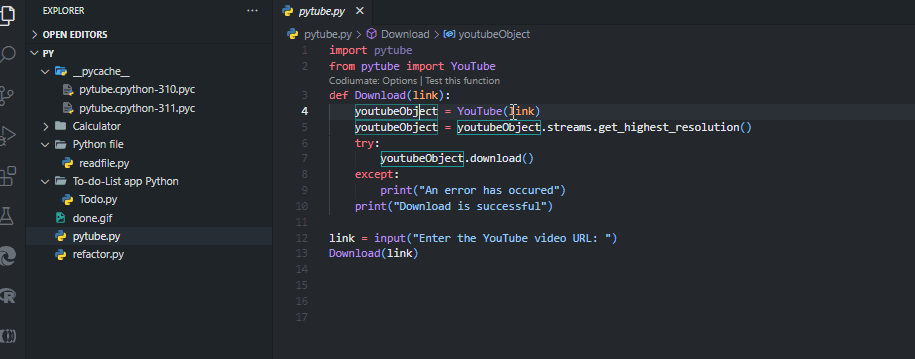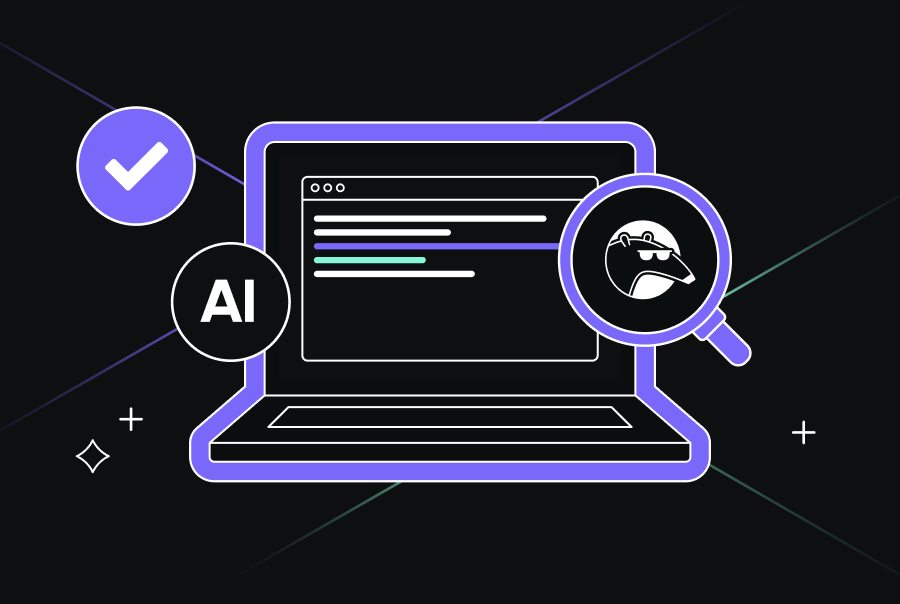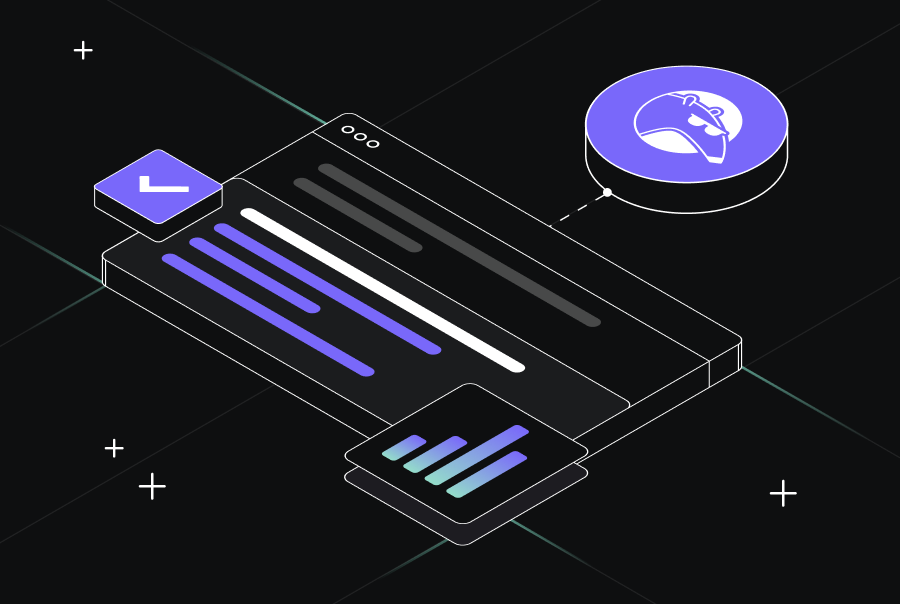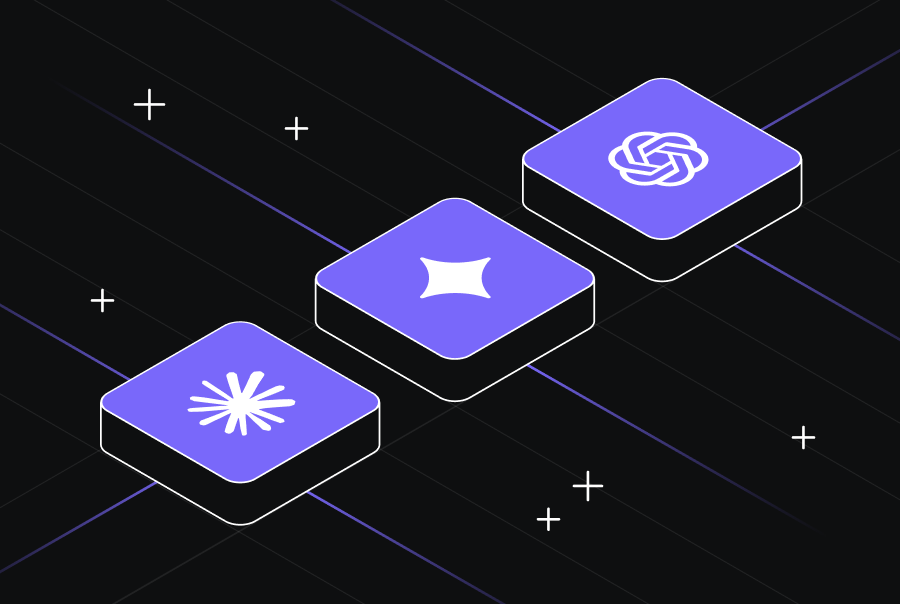The Benefits of Code Completion in Software Development
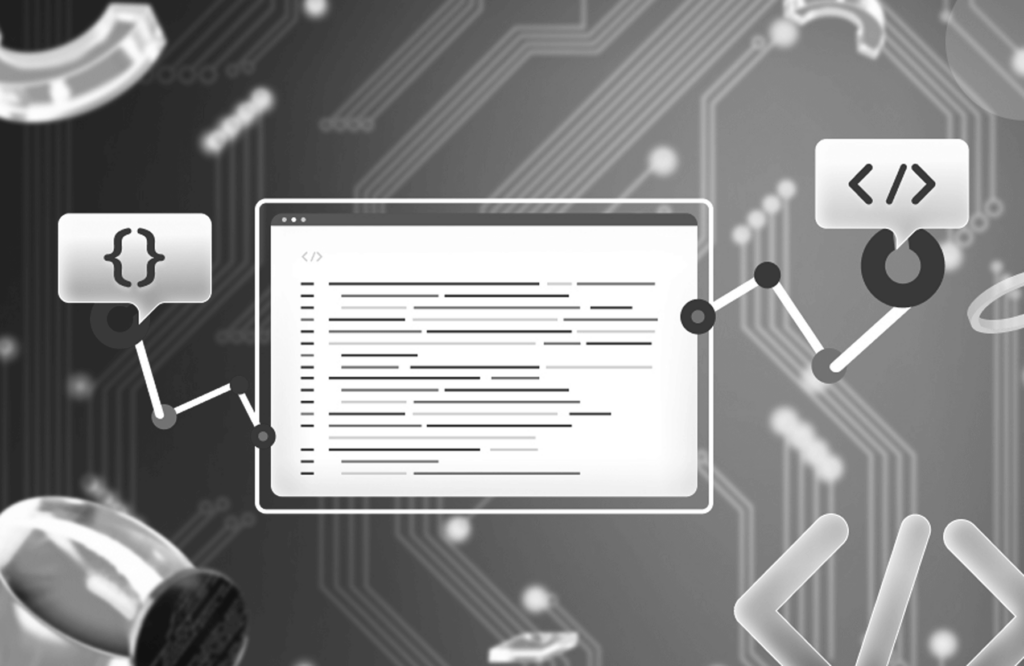

Hello there, fellow developers! Let’s talk about code completion, which has the potential to revolutionize software development. Consider this: you’re in the zone, fingers flying over the keyboard, when your IDE, like a magic spell, begins suggesting code snippets that perfectly fit into your flow. This is the beauty of code completion! It’s like having a wise coding companion who knows exactly what you need before you’ve finished typing.
This article will look at the many benefits of code completion and how it can improve your development workflow. We’ll look at how code completion saves time, reduces errors, and improves your coding skills, resulting in a more effective developer.
Understanding Code Completion
Code completion, also known as IntelliSense or autocompletion, is a feature of modern Integrated Development Environments (IDEs) that helps developers by suggesting completions for identifiers, keywords, and other syntactic elements as they type. Traditionally, code completion used static dictionaries or predefined templates. However, the introduction of AI code completion tools has heralded a new era of dynamic and context-aware suggestions, thereby improving the coding experience.
The qodo (formerly Codium) vscode extension is one example of an AI code completion tool. It uses a deep learning model trained on a large corpus of code to predict the next lines of code based on the developer’s context. This advanced approach speeds up the coding process while decreasing the likelihood of errors.
With qodo (formerly Codium), you get non-trivial tests (and trivial tools) suggested right inside your IDE or Git platform, so you can code smart and stay confident when you push code as you meant it.
Key functionalities of qodo‘s (formerly Codium) code completion
Below are the key functionalities of qodo’s (formerly Codium) code completion features:
- Real-time suggestions: qodo (formerly Codium) analyzes the code being written and suggests completions in real time, based on the context of the code and the programming language being used.
- Context-awareness: qodo (formerly Codium) understands the structure of the code, including variables, functions, classes, and libraries being used, to provide relevant suggestions tailored to the current context.
- Variable and function names: qodo (formerly Codium) suggests variable and function names based on naming conventions and previously declared identifiers within the project.
- Parameter suggestions: When invoking functions or methods, qodo (formerly Codium) provides suggestions for parameters, including data types and descriptions, to assist developers in completing function calls accurately.
- Error prevention: qodo (formerly Codium) helps prevent common syntax errors and typos by offering suggestions that adhere to the rules and syntax of the programming language.
- Integration with documentation: qodo (formerly Codium) may integrate with language documentation, providing inline descriptions, usage examples, and links to relevant documentation to help developers understand the suggested completions better.
Evolution of AI Code Completion Tools
AI-driven code completion tools like qodo (formerly Codium) have evolved significantly over the years, leveraging advancements in machine learning, natural language processing (NLP), and programming language understanding. The evolution can be outlined as follows:
- Rule-based systems: Early code completion systems relied on rule-based approaches, which provided basic suggestions based on predefined patterns and syntax rules.
- Statistical models: Later advancements introduced statistical models that analyzed large corpora of code to predict the most likely completions based on patterns observed in existing codebases.
- Machine learning: Modern AI code completion tools like qodo (formerly Codium) employ machine learning algorithms, including deep learning techniques such as recurrent neural networks (RNNs) and transformer models like BERT and GPT, to understand and generate code suggestions.
- Contextual understanding: Recent advancements focus on improving the contextual understanding of code, enabling code completion tools to consider not only the immediate context but also broader program semantics and developer intent.
Advantages of AI Code Completion Over Traditional Methods
AI-driven code completion tools offer several advantages over traditional methods:
- Improved accuracy: Machine learning algorithms improve over time with more data and feedback, leading to continuously improving accuracy in code suggestions.
- Language agnosticism: AI models can potentially support multiple programming languages, making them more versatile for developers working with diverse tech stacks.
- Semantic understanding: AI models can grasp the semantics of code, enabling them to suggest completions that align contextual understanding; AI code completion tools like qodo (formerly Codium) can understand the context of the code being written, providing more accurate and relevant suggestions compared to traditional methods.
- Adaptability: AI models can be trained on vast amounts of code from diverse sources, allowing them to adapt to various programming languages, frameworks, and coding styles with the developer’s intent rather than just syntactical patterns.
- Integration with IDEs: AI code completion tools seamlessly integrate with popular IDEs and code editors, providing a familiar environment for developers to leverage advanced coding assistance features.
[blog-subscribe]
Importance of Code Completion in Software Development
Code completion, also known as IntelliSense in some IDE like Vscode, refers to the feature that suggests completions for code as developer types. It’s a fundamental tool in software development with several significant benefits:
- Increased productivity: Code completion accelerates the coding process by reducing the time developers spend typing repetitive code constructs. With intelligent suggestions, developers can quickly select appropriate options from the list instead of typing them out fully.
- Reduced errors: Code completion reduces syntactical errors and typos. By presenting available options as developers type, it helps ensure that the code adheres to the correct syntax of the programming language, thus reducing the likelihood of errors.
- Promotes best practices: Many code completion tools offer suggestions based on coding standards and best practices. This encourages developers to adhere to consistent coding styles, leading to cleaner, more maintainable codebases.
- Facilitates exploration and learning: For novice developers or those unfamiliar with a particular library or framework, code completion serves as a learning tool. It provides insights into available functions, methods, and parameters, helping developers discover new features and understand how to use them effectively.
- Enhanced code readability: By encouraging developers to use standardized constructs and naming conventions, code completion contributes to code readability and maintainability. Consistent code formatting makes it easier for other team members to understand and work with the codebase.
- Time savings in debugging and troubleshooting: Code completion can also aid in debugging by providing contextually relevant suggestions during troubleshooting sessions. This can help developers quickly identify potential issues or explore available options for resolving them.
Leveraging Generative Code and AI Tools such as qodo (formerly Codium)
The term generative code refers to code that is generated automatically by software tools rather than manually written by developers. It includes techniques like code synthesis, code generation from specifications, and code augmentation. Generative code aims to automate repetitive tasks, speed up development, and improve code quality.
High-level specifications, templates, or patterns are typically used as input for generative code tools, which then generate the corresponding code using algorithms. These tools can range from simple code snippet generators to advanced AI-powered systems capable of generating complex code structures.
Role in Code Generation
Generative code plays a crucial role in various aspects of software development:
- Template-based code generation: Templates allow developers to generate code skeletons or boilerplate code quickly. Generative code tools can fill in the template placeholders with appropriate code constructs based on predefined rules or input parameters.
- Domain-specific language (DSL) development: Generative code is often used to create DSLs tailored to specific application domains. These DSLs enable developers to express solutions in a more concise and domain-specific manner, with generative code tools handling the translation into executable code.
- Automated code refactoring: Generative code tools can assist in refactoring existing codebases by automatically applying predefined refactoring patterns or transformations to improve code structure, readability, or performance.
AI-Powered Code Completion Tools
- Features and capabilities: AI-powered code completion tools, such as qodo (formerly Codium), leverage machine learning and natural language processing techniques to provide intelligent code suggestions and completions to developers as they write code. Key features and capabilities include:
- Contextual suggestions: AI models analyze the context of the code being written, including variables, functions, and libraries used, to offer relevant and context-aware code completions in real time.
- Semantic understanding: AI models understand the semantics of code, enabling them to suggest completions that align with the developer’s intent rather than just syntactical patterns.
- Error prevention: AI-powered code completion tools help prevent common syntax errors and typos by offering suggestions that adhere to the rules and syntax of the programming language.
- Integration with documentation: These tools may integrate with language documentation, providing inline descriptions, usage examples, and links to relevant documentation to help developers understand the suggested completions better.
Integration in Development Workflows
AI-powered code completion tools seamlessly integrate with popular Integrated Development Environments (IDEs) and code editors, enhancing developers’ productivity and efficiency:
- Real-time assistance: AI code completion tools provide real-time suggestions as developers type, enabling them to write code faster and with fewer errors.
- Adaptability: These tools can be trained on vast amounts of code from diverse sources, allowing them to adapt to various programming languages, frameworks, and coding styles.
- Workflow integration: AI code completion tools fit seamlessly into developers’ existing workflows, providing familiar interfaces and interactions within their preferred IDEs or text editors.
Generative code and AI-powered code completion tools like qodo (formerly Codium) play complementary roles in automating and enhancing various aspects of the software development process, from code generation to writing and refactoring code, ultimately improving developer productivity and code quality.
Case Studies and Examples
Let’s explore the real-world applications and examples of qodo (formerly Codium), the powerful code completion tool. qodo (formerly Codium), based on OpenAI’s GPT3.5 large language model, revolutionizes software development by providing intelligent code suggestions, reliable code analysis, and automated test suite generation.
Success Stories in Software Development
qodo (formerly Codium) has been key in aiding developers in producing high-quality code that stands the test of time. It prevents potential bugs from reaching production by automatically generating comprehensive test suites. This ensures code integrity. Developers can focus on purposeful coding, knowing that qodo will provide valuable insights into their code. It supports all major programming languages and integrates with git code hosting services.
- Success story from Travis Canad on X: Optimistic and inspired. Just tried the qodo (formerly Codium) tool today, and I think it is the first true 10x dev tool. I find it far more utilitarian than co-pilot.
- Success story from Sami Nas on X: I have already used qodo (formerly Codium) and would be glad to recommend it to the community to give it a try.
- Success story from Kartikey Verma on X: this VS code extension is amazing and saves a lot of time & effort.
Efficiency Gains and Quality Improvement
qodo (formerly Codium) simplifies unit testing by analyzing patterns and suggesting real-time code improvements. Clean code, meaningful comments, docstrings, and well-defined variable names all improve its accuracy. When qodo (formerly Codium) prompts developers to accept suggestions (such as variable or function name changes), the goal is to improve correctness, readability, and adherence to best practices.
Comparison with Traditional Coding Methods
Performance Metrics and Analysis: The impact of qodo (formerly Codium) can be measured using metrics such as reduced bug count, faster development cycles, and higher code quality. User Feedback and Satisfaction: Developer testimonials demonstrate the tool’s effectiveness and role in increasing productivity and code reliability.
Elevating Code Quality with the qodo (formerly Codium)
It’s no secret that artificial intelligence has emerged as a powerful force in many aspects of our digital lives, ranging from personalized recommendations to voice assistants. However, did you know that this technology is now making its way into the code that runs our digital world?
Let me introduce to you the undisputed qodo’s (formerly Codium) IDE Extension, an innovation that transforms how developers write code and shapes a future where excellence is the norm. This extension is more than just a tool; it welcomes developers into a space where ordinary things become exceptional. You can think of it as an unseen hand that guides developers through the complex choreography of writing code. With features that go beyond suggestions and explanations, it is a digital companion that doesn’t just assist but elevates the entire coding experience.
Conclusion
In conclusion, the use of generative code and AI-powered tools like qodo (formerly Codium) serves a major leap in software development. Generative code automates tasks and accelerates coding processes, whereas AI tools make real-time, context-aware suggestions to boost productivity and code quality. This integration reduces workflows, reduces errors, and allows developers to focus on innovation.
